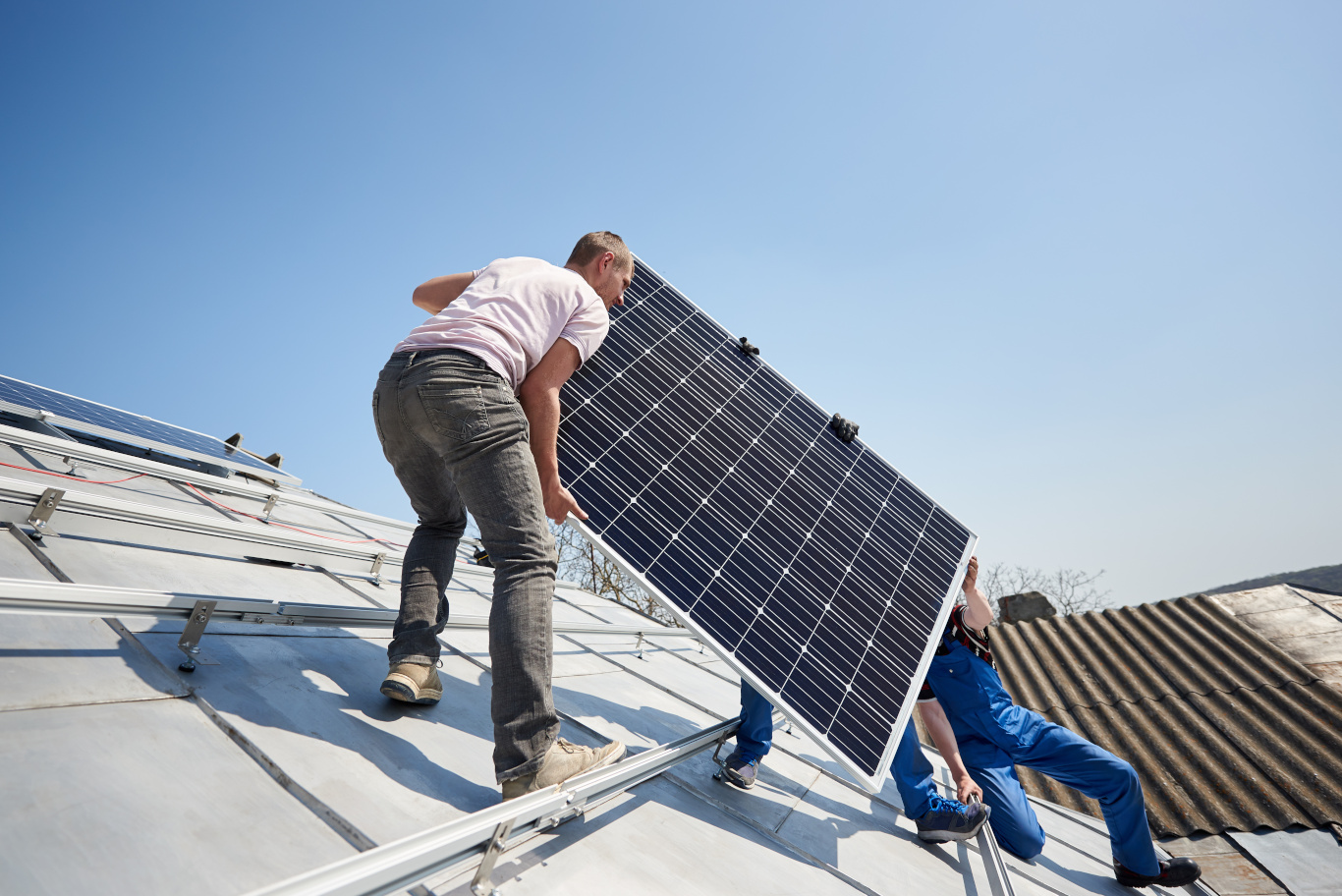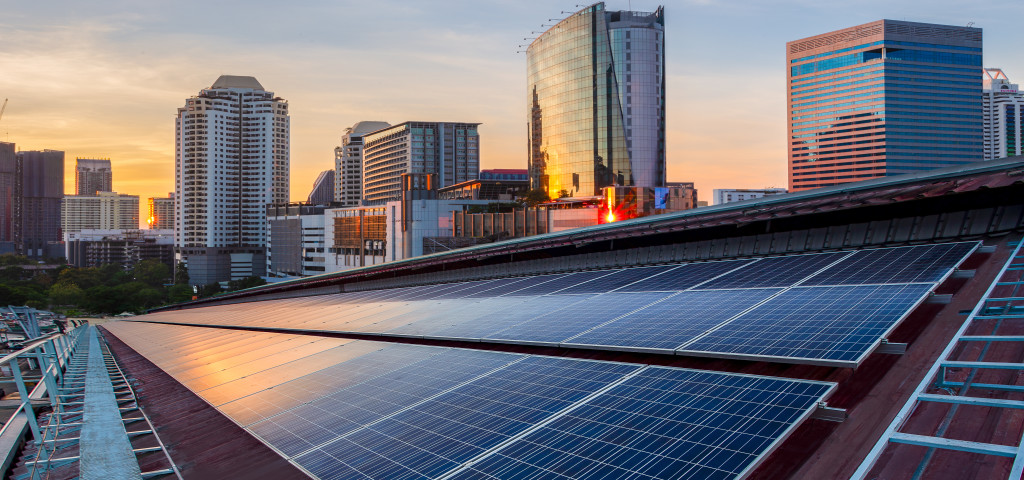Proster articles - sources of professional knowledge
Industry knowledge compiled by specialists for specialists. Benefit from the experience of our experts.
Improving the energy efficiency of the company as a consequence of the energy audit

According to the Act, energy efficiency is the ratio of the achieved magnitude of the utility effect of an object, technical device or installation, under typical conditions of its use or operation, to the amount of energy consumed by that object, technical device or installation, or as a result of the performed service necessary to achieve that effect. In simple terms, energy efficiency will be getting better results and providing more services without increasing energy expenditures. The spectrum of measures to improve the company’s energy management is quite broad. Often, standard optimisation measures such as using natural ventilation, upgrading existing lighting, solar-assisted space heating and cooling, using heat pumps, using compressed air more efficiently, insulating walls and roofs, double/triple glazing on windows, passive heating and cooling, etc., are sufficient. One of the more popular solutions in recent years is the installation of photovoltaic panels, which convert solar energy into clean electricity. It is the simplest form of electricity generation involving the phenomenon of converting solar radiation into electric current (DC) by means of the aforementioned panels. The generated current then goes to a power inverter, where it is converted into alternating current, which can power, for example, an entire house. Generating energy from renewable sources saves expenses. Producing it in surplus, which will not be consumed, also provides opportunities to make money by selling it.

The development of the photovoltaic panel market is very dynamic, and the amount of installed capacity in photovoltaic systems in Poland and around the world is constantly increasing. This is primarily influenced by the European Union. Due to requirements set by the EU, the share of renewable energy sources in Poland is to be 15% by 2020. In mid-2017, the total installed capacity of photovoltaic systems was 300 MW, and in 2019 it will be 700MW. In contrast, the Renewable Energy Institute’s estimate for the end of 2020 settled at 1.2 GW. It is worth noting at this point that it is not only the financial benefits of such activities that matter. A natural consequence of conducting efficient energy management is to reduce the company’s negative impact on the environment in this, but also in other areas.
Bibliography: